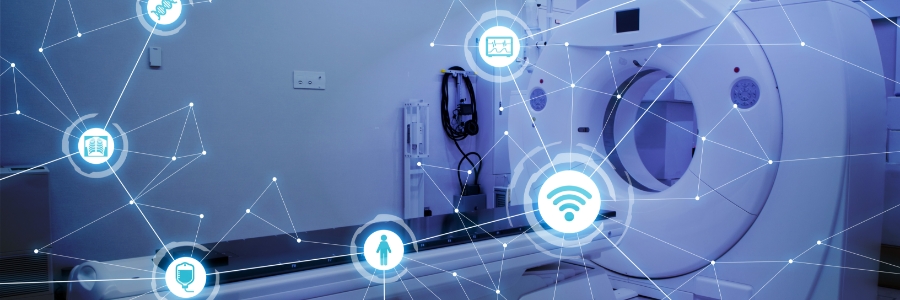Electronic medical records (EMRs) allow healthcare providers to keep patients’ health records in digital format, eliminating the need for paper charts and ensuring that clients get accurate attention promptly. When selecting an EMR system for your healthcare practice, keep these key factors in mind.
How to pick the right EMR system for your practice
Here’s how to get the right EMR system
4 Ways EMRs assist healthcare organizations

Electronic medical records (EMRs) digitize your paper medical records and, when properly implemented, can generate a positive return on investment and improve organizational efficiency. The major drawbacks of paperwork are that it hinders a healthcare institution’s ability to treat patients and slows down processes.
4 Key benefits of using EMRs

More healthcare providers are ditching the traditional pen and clipboard, and are looking to electronic systems to house the records of their patients. Electronic medical records (EMR) offer healthcare professionals a quicker way of accessing and sharing patient information between offices and providers.
What to consider when selecting EMR

You and your patients can benefit from having an electronic medical record (EMR) software system in your clinic, healthcare facility, or hospital. It significantly helps healthcare professionals keep a more comprehensive and detailed record of all their patients’ medical information and treatment procedures.
New heights in data compliance penalties

If your organization hosts data regulated by the US government, you're familiar with the scare tactics used to sell hosting services. But what lurks behind those vague threats of expensive lawsuits and unfair liability burdens? HIPAA is nearly 100 pages long and few providers actually know what it requires.




